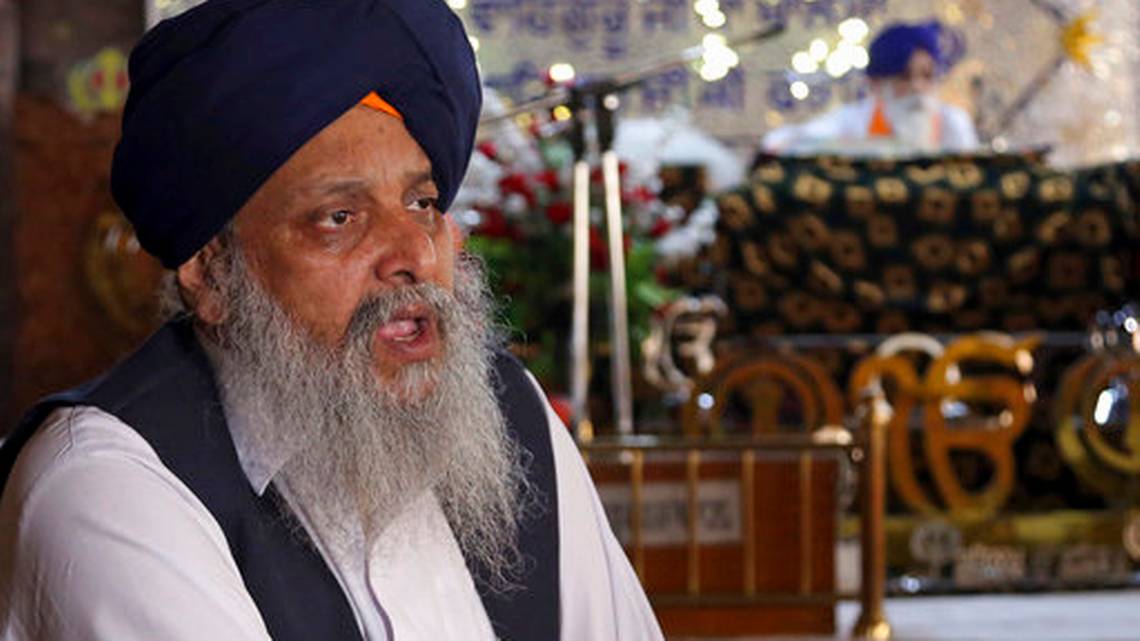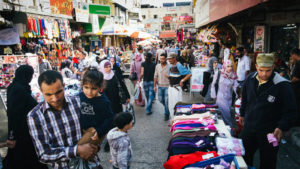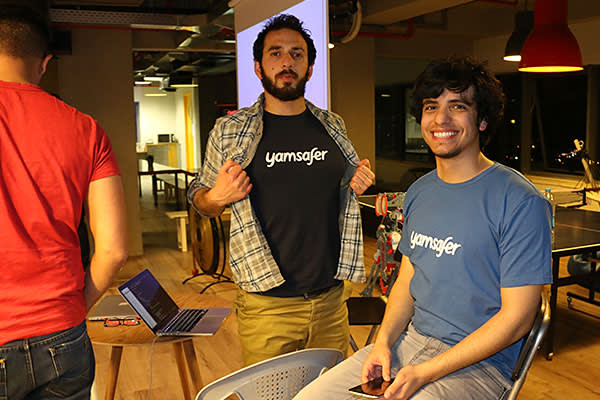Each of us has enabled the men who raped Asifa. I am tired of the posts on social media about being “heart-broken.” I no longer even feel the space in my chest where my heart should be. I am angry, and my anger is at aimed at you.
I will be 50 years old on Sunday. I lived 29 of those years in India. I was 8 years old when I was first sexually assaulted. Unlike Asifa, I wasn’t kidnapped and murdered. I lived to be sexually abused and assaulted multiple times, by men I knew, by strangers, by doctors, by faith healers, by the editor-in-chief of a major newspaper. I was 45 when I was last physically (not sexually) assaulted, by my brother, at his wedding, in full view of the wedding guests.
Nobody took a stand. None of these men was jailed. None was fired. None was shamed. None was named. Nobody walked out of the wedding in protest.
But there were consequences. India chose to turn its consequences on me. I was shamed, with love, for being an 8-year-old girl who was asking for it. I quickly internalized it. I believe even today that I should have been a different kind of child, hidden my legs as I played, been a little less proud of my pretty face, been a little more aware of my surroundings, a little less disabled so I could run. As an adult, in a high-ranking position in my journalism career, I was asked if the thing with the newspaper editor actually happened or if I’d imagined it (no matter that other women had charged him with similar abuse). I was locked up in a room at my brother’s wedding, “for my own safety”.
I was asked to apologize, to forgive, to forget, to draw upon my resources of compassion. I was asked, by all the family and friends I loved and still long for, to be a better Indian woman.
But let’s not make this about me. Let’s make this about you. Do you call out the violent tempers of the men around you or do you just get out of their way until they “calm down”? Do you step up and stick your neck out when a man or woman is deriding another woman/girl for being too sexy, too fat, too old, too progressive, too wanton, too transsexual, out too late, or in too long? Do you write that comment to shut down a good but sexist joke your popular and powerful male friend just posted on social media? Do you tell your son there will be consequences if he raises his voice, leave alone his hand, on his sister? Or do you ask him to “protect” her, as if she were a victim and he, her savior? Do you order him to get out of her way so she may grow so formidable that she will need no protecting? Do you pay your policemen and your lawmen to look the other way at your misdemeanors but punish the man who has no money for a bribe? Do you revere the “bad boy” movie star who was accused by multiple women of physical assault? Do you elect a prime minister who is charged with inciting a genocide against Muslims and then wonder why a little Muslim child was raped for days in a Hindu temple?
I am haunted by the cries I didn’t hear, of Asifa locked up in that Hindu temple. Our girls have been crying out for years, knocking to be let out from behind locked doors. The parents of Jyoti Singh, the medical student who was brutally gang-raped by five men on a Delhi bus in 2012 and thrown from the bus to later die, say that five years later, things have become worse for girls and women in India. The Dalit women among us have been warning us for decades that the rape of one of them will soon be the rape of one of us. But perhaps their faces are not light-skinned enough, their caste not high enough, their innocence not innocent enough to find their way in our news and social media feeds.
Yes, I am shaming you, on behalf of all the girls and all the old women in and from and with ties to India. Yes, I am blaming you for the childhood I had and the childhood Asifa lost. Yes, I know all the things even the most progressive among you whisper about the secrets some of us don’t keep. Quiet your whispers. Quiet your slogans. Go home and look your boys and men in the eye. Shut up and do the real work, India.








